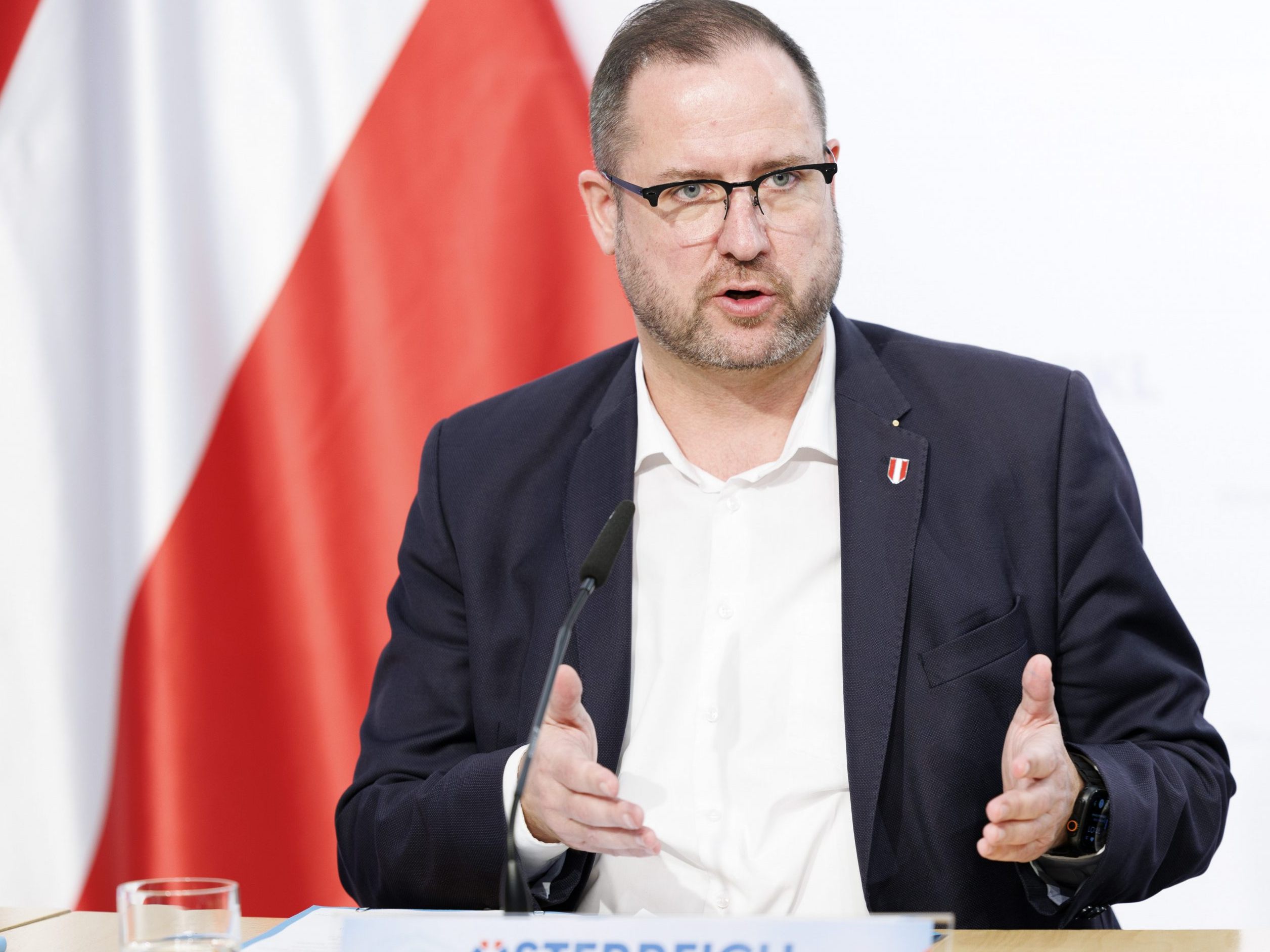FPÖ Rants Against "Salary Empire" in ORF

The transparency report, published by ORF for the second time on Monday, which provides insight into the top earners in the public broadcaster, has outraged the FPÖ. "The salary empire in ORF continues merrily," said FPÖ media spokesperson Christian Hafenecker at a press conference on Tuesday. Peter Westenthaler, sent by the FPÖ to the ORF Foundation Council, spoke of "luxury salaries" and called on the ORF management to disclose bonus payments.
ORF is obliged to list the salaries of those employees who earn over 170,000 euros per year, including allowances. In total, the report for 2024 lists just over 70 people, which is less than two percent of the workforce, as emphasized by ORF. At the top are Ö3 presenter Robert Kratky (approx. 472,700 euros gross annual salary), Pius Strobl (approx. 451,700 euros), who was responsible for the renovation of the ORF center including the construction of a newsroom, and ORF chief Roland Weißmann (427,500 euros).
"Everyone must save, but not ORF," said Hafenecker
"Everyone must save, but not ORF," said Hafenecker, speaking of a "completely botched" ORF reform, which, among other things, brought a non-valorization of the ORF fee until 2029. This creates a savings requirement for ORF of over 300 million euros. The freezing of the ORF fee will "not lead to a change of thinking at Küniglberg," Hafenecker suspected. "ORF remains a privilege haven," he said, and again called for ORF to be transformed into a "basic broadcaster." He could imagine that public service performances could be tendered in the future to bring other market participants on board. "The ORF monopoly is not set in stone," said Hafenecker, but added: "No one wants to destroy ORF. The greatest danger is that Austria becomes a playground for German private broadcasters."
ORF rejected the insinuation of a "privilege haven" in a statement and assured that it operates according to the principles of economic efficiency, objectivity, and expediency, which are monitored not least by the ORF supervisory bodies, an independent audit commission, and the Court of Audit. The public broadcaster also firmly rejected further accusations made by Hafenecker on Tuesday, such as political bias, and announced that it intends to "analyze these precisely" and then decide on further steps.
Westenthaler Sees "Generous Bonus System"
Westenthaler considered it "incredible" that the ORF itself did not report on the transparency report. "Why does the ORF not fulfill its duty to inform?" asked the board of trustees. The ORF countered that a report had appeared on ORF.at and that the 1 PM "ZiB" as well as the Ö1 "Midday Journal" would report on it on Tuesday.
Westenthaler also noted significant salary increases for certain individuals, which were partly due to a "generous bonus system." He called on the ORF management to disclose and justify this. Additionally, he advocated for cutting all top salaries by 50 percent.
The ORF committee reform passed in the National Council last week was described by Westenthaler as a "huge sham," with which the government cemented its influence in the ORF. "Overall, we are heading towards a wall with this ORF," was the view of the ORF board of trustees.
With the committee reform, the federal government will in the future send six (instead of nine) members to the 35-member ORF board of trustees. In contrast, the ORF audience council, which will in the future be half appointed by the federal government, will send nine (instead of six) members. The amendment establishes new qualification requirements for the appointment of the ORF board of trustees, whereby the positions must be publicly advertised in the future and reappointment possibilities after a change of government are eliminated.
(APA/Red)
This article has been automatically translated, read the original article here.





